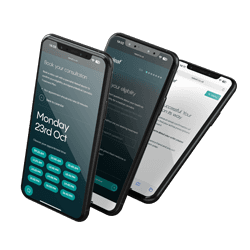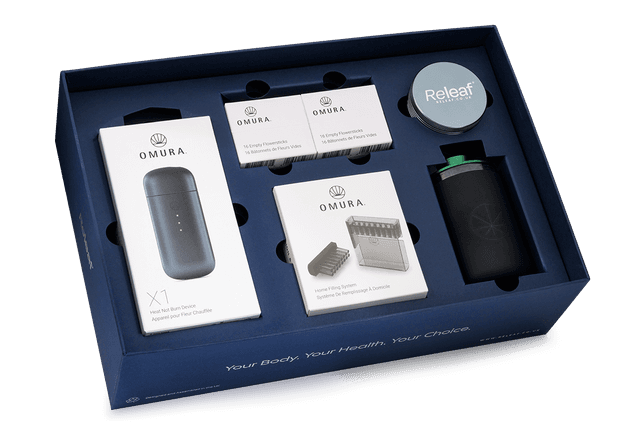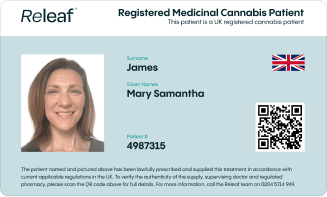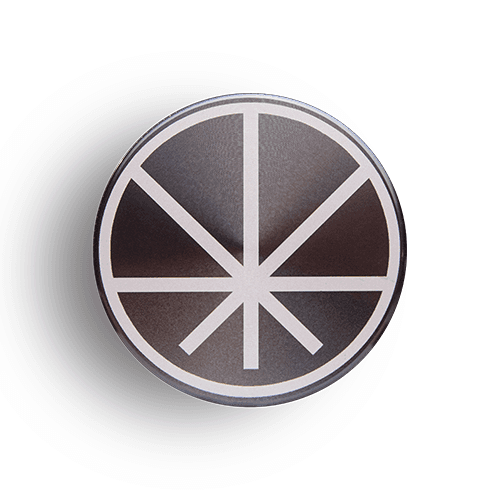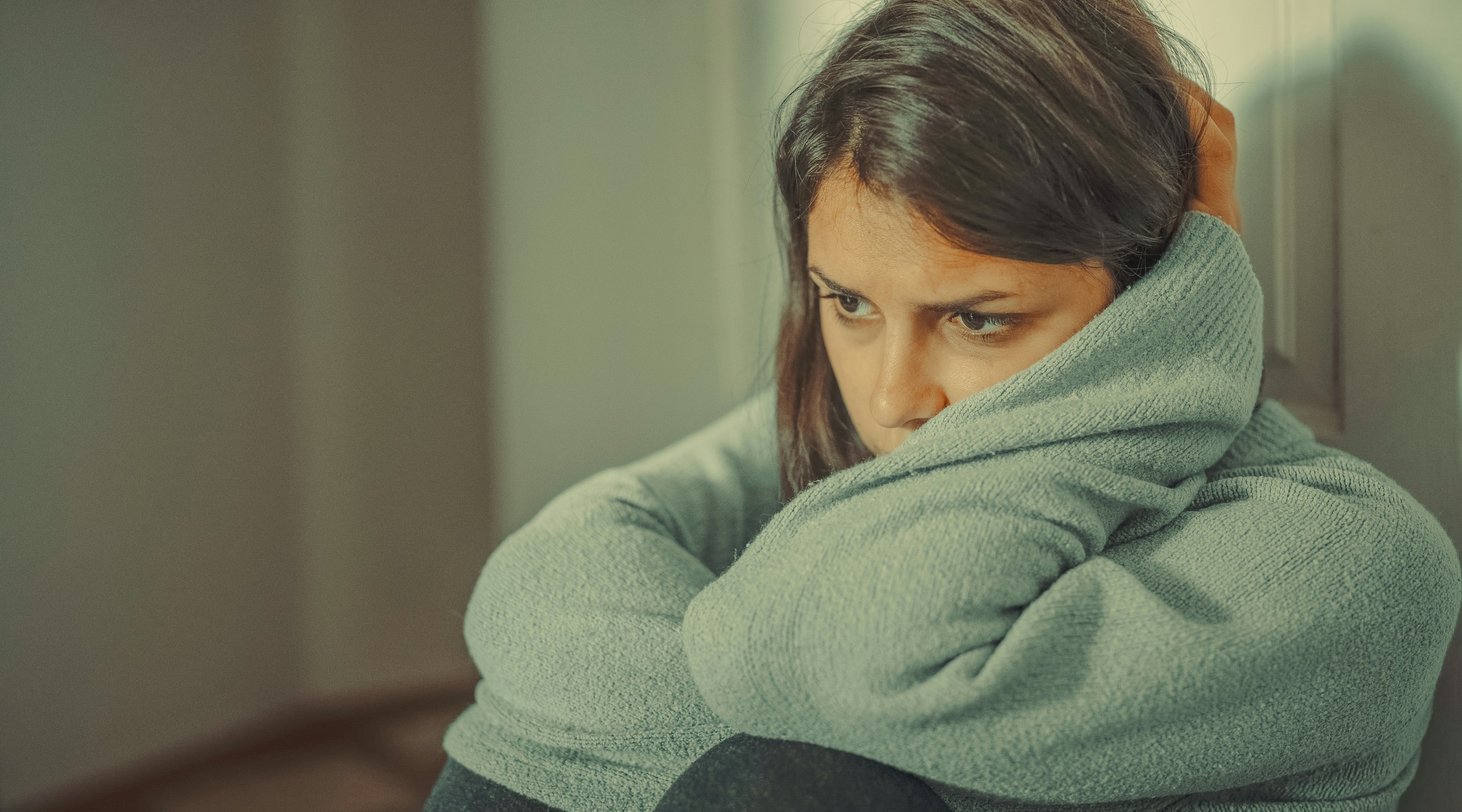Data was collected in 2014 on the prevalence of suicidal thoughts, attempts, or any incidences of self-harm, with the NHS report stating that 6.4% of participants had self-harmed compared to 3.8% in 2007.
NHS Talking Therapies (Formerly IATP - Improving Access to Psychological Therapies) provides individuals with access to both pharmacological therapies and talking therapies and states that in 2021/2022, 1.2 million people accessed the service. It is thought that this service will expand to accommodate 1.9 million individuals in 2023/2024.
With such a wide variety of mental health conditions on the spectrum, there are, of course, various symptoms that a person could display. For example, a person dealing with an anxiety disorder may display excessive worrying, panic attacks and fear of certain situations. USE
Depression may cause the feeling of excessive sadness, irritability, and loss of interest in usual daily activities. Bipolar may cause both manic and depressive symptoms that the individual may switch between, with manic symptoms such as feelings of euphoria, increases in energy and beliefs of grandeur about themselves and/or the world around them.
Broadly speaking, mental health conditions may be initially managed with a combination of talking therapies such as counselling and cognitive behavioural therapy (CBT) combined with prescription medications. There are some reported side effects from some medications, such as an increase in symptoms before the medication builds up in the system, causing the individual to temporarily feel worse.
Patients may feel agitated, nauseous, have gastrointestinal symptoms, and some even report a complete lack of moods. All of this has to be taken into consideration and by having a good open discussion with your GP you should be able to find the first initial treatment path together.
However, while these treatments are beneficial for most, some may wish to look to add other methods to help with symptom management, medical cannabis being chief among the natural options.
So, how do cannabinoids affect mental health?
Cannabinoids come in two forms -
-
Endocannabinoids – endogenous cannabinoids produced naturally by the human body
-
Phytocannabinoids – cannabinoids found in plants, primarily cannabis, but also in cloves, broccoli, carrots, and ginseng among others.
The endocannabinoid system (ECS) is a bodily system composed of endocannabinoids (signalling chemicals), cannabinoid receptors (CB1 and CB2), and enzymes responsible for the production and breakdown of endocannabinoids. These endocannabinoids interact with the ECS receptors, essentially switching them “on and off”.
These interactions are responsible for regulating many primary bodily functions such as appetite, sleep, pain, inflammation, and memory. The phytocannabinoids found in cannabis closely mimic endocannabinoids, allowing them to interact with the ECS. The interactions of both endocannabinoids and phytocannabinoids with the ECS may also have an effect on our mental state.
The changes in mood and state of mind that can result from cannabis administration can be both positive and negative. This is a very individualistic experience. The type of cannabinoids ingested, and the dosage of cannabinoids administered, along with physical and mental health all play a role in the experience observed.
Types of cannabinoids and their effects on mental health
While there have been over 110 cannabinoids isolated from cannabis since the early 1940s, we will focus on the two that seem to have the biggest impact on mental health, and also the most studied:
- Delta 9 – Tetrahydrocannabinol (THC)
- Cannabidiol (CBD)
Studies relating to THC
THC is the primary cannabinoid found in most cannabis strains and is responsible for the plant’s psychotropic effects. It binds directly to the CB1 and CB2 receptors and has a very strong interaction with the ECS.
It has been found to have possible positive and negative effects on mental health, but this seems to be closely linked to the size of the dose and the frequency.
A recent double-blind study showed that THC may have a positive overall effect on those with anxiety issues when administered in small doses (7.5 mg), but as the dose rises, so does the negative mental impact. At 12.5 mg dosages, study participants reported a downturn in the possible positive outcomes from the lower dose.
Another study looked at the impact of THC on people with PTSD. The results showed that patients who were given a low dose (5 mg) twice daily for a 3-week period may have found some relief. The study reported “beneficial effects on global symptom severity, sleep quality, frequency of nightmares and PTSD hyperarousal”.
There does seem to be a link between large doses of THC and psychotic disorders (more so in teenagers and young adults than people over 25). But, as with all cannabis science, more in-depth research is needed before any definitive claims can be made. Genetics could be a factor in this relationship.
Studies relating to CBD
CBD has been shown to influence a range of regulatory systems within humans, and not just the ECS. It has a weaker affinity for binding with the ECS receptor, but its has also been proven to have an inhibitory effect on the inactivation of endocannabinoids), thereby enhancing the action of these endogenous molecules on cannabinoid receptors, It also boosts serotonin production, which can have a direct and rapid impact on mood
CBD, unlike THC, is totally non-intoxicating, although it may still have an effect on mood. This lowers the chances of any negative effects on mental health like the ones associated with THC.
When it comes to the positive effects of CBD, research into its applications for treating anxiety and stress disorders is the most common. The research on CBD and its possible ability to reduce the symptoms associated with anxiety and stress disorders is still in its infancy, but there have been some promising findings.
This study, while small in scope, showed that CBD could have a significant positive impact on people with social anxiety disorders. Participants were given a single dose of CBD (400 mg) which proved to be effective in lowering their anxiety levels.
Another study provided subjects with an acute dose of CBD (600 mg), with more than two-thirds of the participants reporting a decrease in subjective anxiety brought on by public speaking.
CBD treatment may also hold promise for PTSD patients. This controlled cohort study showed that 10 of 11 subjects treated for 8 weeks with CBD reported a marked decrease in the negative symptoms related to PTSD. The study concluded that “Administration of oral CBD in addition to routine psychiatric care was associated with PTSD symptom reduction in adults with PTSD. CBD also appeared to offer relief in a subset of patients who reported frequent nightmares as a symptom of their PTSD.”
All of these studies show that CBD could be a possible ally in reducing anxiety symptoms. Even so, these outcomes are not necessarily 100% related to CBD, but it is interesting nonetheless.
Legal considerations
Cannabis is still classified as a class B drug in the UK, so it is important to understand the legal implications of consumption before taking any cannabinoids for medicinal purposes. Not only could possession lead to a criminal record, but there is also the risk of other legal issues associated with driving or operating machinery.
In November 2018, new legislation was passed that made access to medicinal cannabis legal. While this access is still limited to those with a prescription, it is something for individuals suffering from a wide range of health conditions to consider as an option.
It is imperative that before you make any changes to your current treatment plan, you discuss it with a doctor or healthcare provider. They will be able to advise on potential risks and point you in the right direction.
Conclusion
Although the study of how cannabinoids affect mental health is still in its early stages, there are a few promising findings that indicate that cannabinoids may be effective in the treatment of anxiety symptoms. This is particularly true for CBD, as its non-intoxicating effects mean it has a lower risk of causing any negative mental health effects.
Don't let the stigma surrounding medical cannabis prevent you from getting a suitable treatment. Releaf provides tailored monthly packages, specialist consultations for medical cannabis, and a unique medical cannabis card for protection, all based on your medical cannabis prescription.
